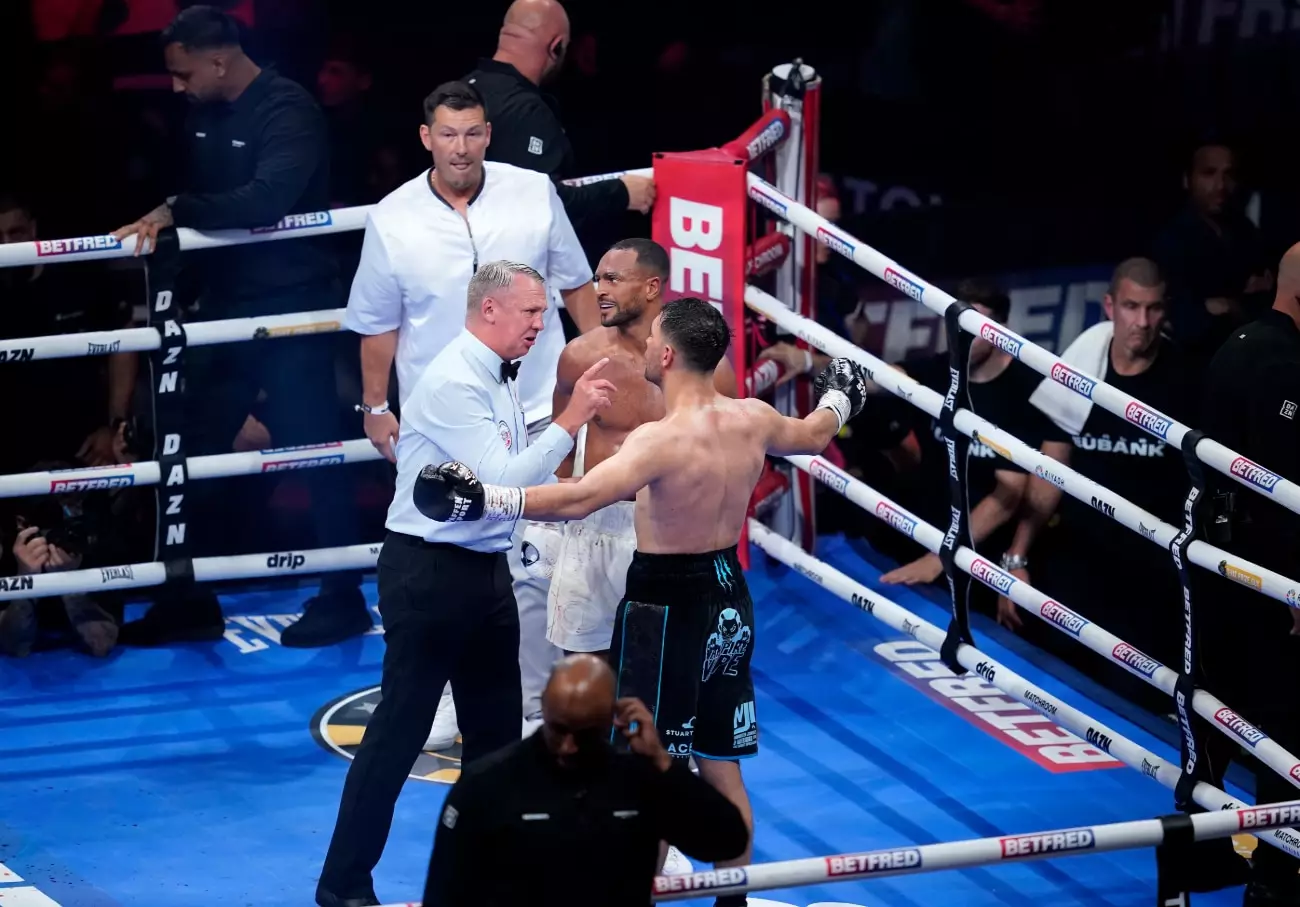Last night’s bout between Jack Catterall and Harlem Eubank may have left boxing enthusiasts disappointed, but it also offers a broader insight into the sport’s unpredictable nature and the resilience required to succeed. While the fight itself was marred by messy exchanges and a damaging head clash, it underscores an essential reality: setbacks and unfulfilling moments often serve as springboards for future success when approached with the right mindset. A fight’s outcome, especially one marred by controversy or lack of entertainment, should not overshadow the raw potential of the fighters involved nor diminish their capacity to evolve. Eubank’s failure to shine may seem like a setback, but it simultaneously presents an opportunity for introspection and growth—a chance to refine skills, rejuvenate strategy, and come back stronger.
Refereeing and decisions: The delicate balance between safety and competitiveness
The stoppage of the fight raises critical questions about the role of officiating in combat sports. The decision to halt the bout due to Catterall’s cut was justified from a safety perspective, but it also ignited debate on whether the action was premature or appropriate. The referee and medical staff are entrusted with safeguarding fighters’ well-being, yet their judgment often becomes a point of contention, especially when it influences significant career trajectories. This incident serves as a reminder that officiating in boxing cannot be purely procedural; it must balance vigilance with an appreciation for the fighters’ grit. An overly cautious approach may deny fans thrilling contests, but neglecting safety can lead to devastating consequences. The way forward lies in refining the standards and communication between officials, fighters, and promoters to ensure fights are both competitive and secure.
From adversity to opportunity: Charting the fighters’ paths forward
Despite the fight’s unsatisfying finish, Catterall’s victory cements his position within the welterweight elite. Now, with a record of 31-2, he enters the scene as a serious contender for top-tier matchups. Promoters and management will likely exploit this momentum by positioning him against high-profile opponents like Ryan Garcia, Rolly Romero, or Devin Haney. Each of these bouts holds the potential to redefine Catterall’s standing and push him into genuine title contention. Conversely, Eubank’s setback highlights the importance of resilience in boxing. A loss is not a verdict of incompetence but a call to adapt; with the right guidance, Eubank can learn from his shortcomings and stage a formidable comeback. His name remains reputable, and his future opponents will scrutinize every aspect of his game, challenging him to evolve beyond his current limitations.
The importance of strategic growth in shaping boxing’s future stars
What this fight truly illuminates is the necessity for fighters to focus on holistic growth rather than immediate results. In boxing, as in all sports, perseverance, strategic adaptation, and mental toughness ultimately determine long-term success. Young fighters like Eubank must understand that setbacks are integral to development—they are not failures but lessons that forge resilience. For Catterall, the focus shifts from the recent controversy to cultivating a well-rounded skill set and capitalizing on his momentum. As the division heats up and top contenders line up, the fighters who prioritize continuous improvement rather than just winning fights will be those who leave an indelible mark on the sport. This fight, messy as it was, underscores the importance of patience and relentless pursuit of excellence—values that distinguish true champions from fleeting stars.


Leave a Reply